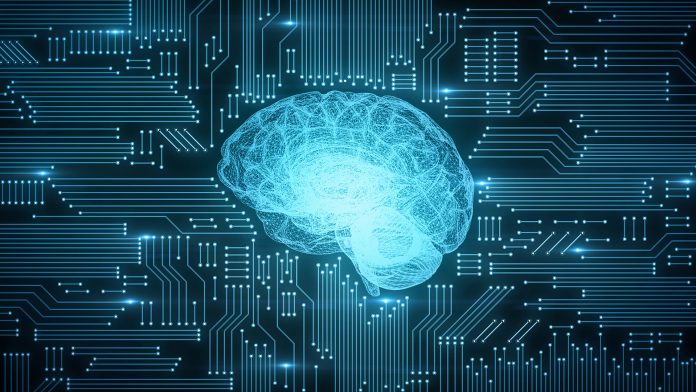An international research team has developed a new algorithm based on blood and cerebrospinal fluid biomarker measurements for the diagnostics of dementia.
A top-level international research team, led by Professor Barbara Borroni from the University of Brescia, has developed a novel diagnostic biomarker-based algorithm for the diagnostics of dementia.
The biomarkers can be utilised to assist in attaining a precise diagnosis in the early phases of dementia, and the new diagnostic algorithm enhances the reliably of differentiating patients with specific types of dementia, as well as being useful in selecting patients for clinical drug trials.
The research has been published in the journal Diagnostics.
Attaining an accurate diagnosis for specific types of dementia is challenging, especially in the early stages of the disease as there is a lack of practical and specific diagnostic tools.
As well as this, the clinical symptoms of dementia often overlap with other neurodegenerative diseases, making a precise diagnosis even more difficult.
However, an accurate diagnosis is needed in order to facilitate the management of the disease in the best way. For example, pharmaceutical cholinesterase inhibitors are advantageous in symptomatic treatment and helping to sustain activities of daily living in Alzheimer’s disease patients, but they exacerbate the clinical and neuropsychiatric symptoms in patients with frontotemporal dementia.
In the future, disease modifying drugs will be accessible to patients for the individualised management of dementia, and thus, the patients that would most benefit from these drugs should be recognised as early as possible.
The cerebrospinal fluid-based Alzheimer’s disease biomarkers created at the end of the last century had a groundbreaking effect on the diagnostics of dementia. However, recent research indicates that the specificity of these biomarkers in distinguishing types of dementia is low. Consequently, the pressure to develop improved biomarkers for the diagnostics of dementia has intensified.
The newly developed biomarkers are centred on the utilisation of blood samples, as opposed to the more invasive cerebrospinal fluid samples. Built on the present algorithm, the researchers propose the utilisation of blood neurofilament light chain levels in the screening of dementias.
As well as this, the new algorithm enables the diagnosis of the most common type of dementia, Alzheimer’s disease, based on blood sample analysis. In the future, cerebrospinal fluid-based analyses may potentially only be necessary for the diagnostics of rarer forms of dementia.
“New biomarkers will enable groundbreaking next-generation diagnostics. Moreover, the currently time-taking diagnostic procedures will accelerate. This will diminish the humane burden of patients and their next-of-kin, when we can provide a precise diagnosis instead of prolonged uncertainty for the families,” says the leading author of the article, Adjunct Professor Eino Solje from the University of Eastern Finland.
This novel new algorithm for the diagnostics of dementia is not yet at the stage where it can be applied to daily clinical work, as most of the biomarkers used are not accessible in clinical laboratories, but the team hopes that these results will accelerate the availability of these biomarker measurements in the near future.









